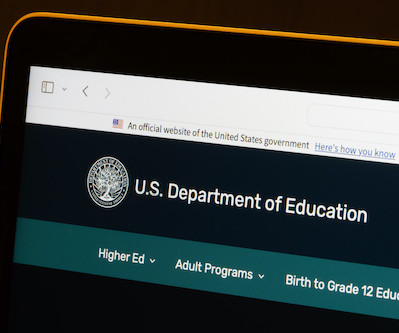37 predictions about edtech’s impact in 2023
eSchool News
JANUARY 2, 2023
In fact, more than four in five parents believe it would be beneficial for schools to provide mental health services for students as a part of the school day and 84% of parents would be open to their children receiving mental health counseling and emotional support services if offered in school. –Diane Myers, Ph.












Let's personalize your content